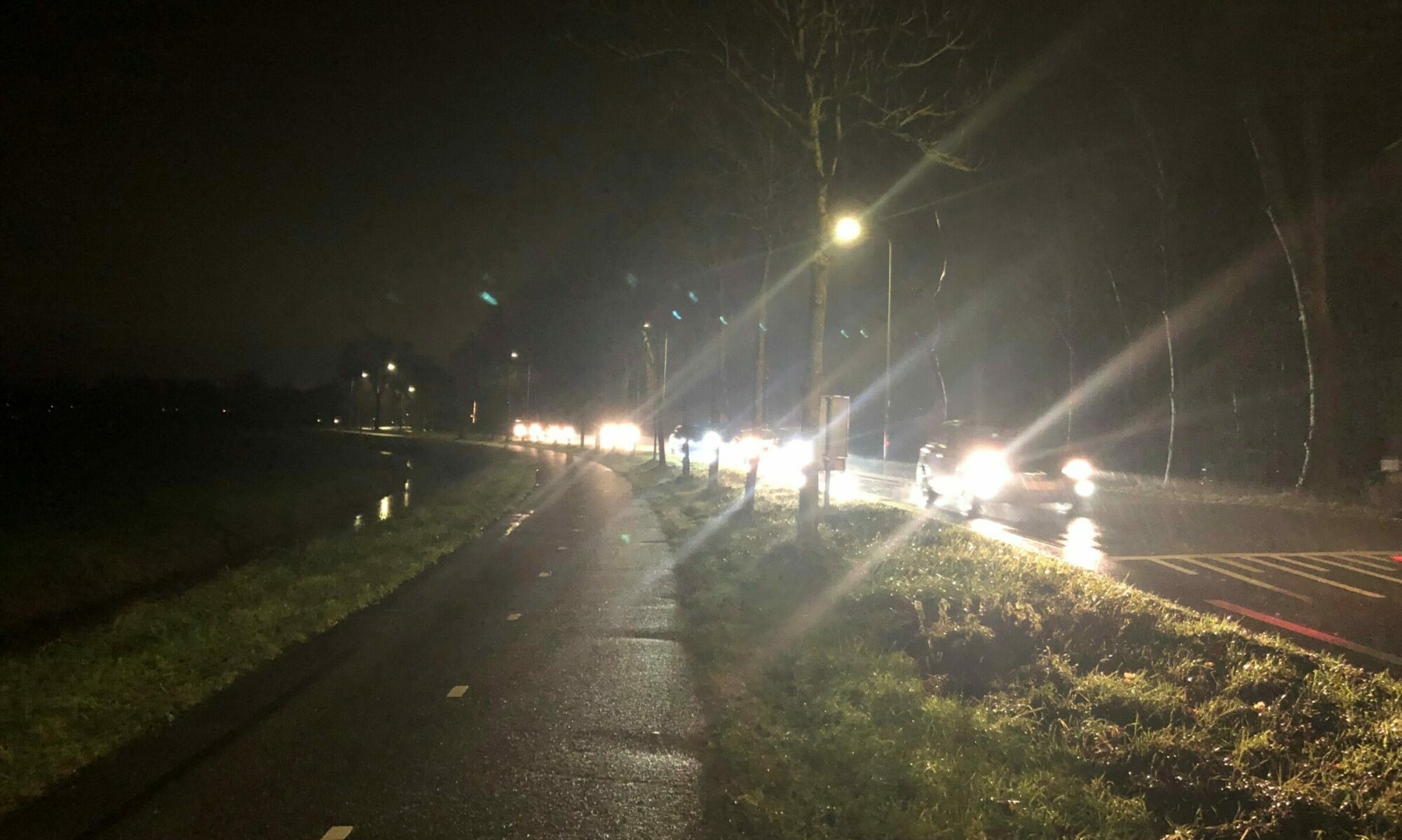Feeling safe in the dark: Intelligence and information platform for sub-optimal night vision
We are a compassionate and innovative company dedicated to enhancing safety and accessibility for everyone in the dark. Recognizing the challenges faced by individuals with deteriorating night vision, especially those over 60, we strive to create solutions that empower and reassure.
Information platform: objective research on low night vision
Imagine you were always free to go and travel independently, also at night. And then, at some point, you do realize: it appears really different this time.
You are experiencing real bad night vision, shy to talk about it and one day you decide: “I will refrain from driving in the dark.”
And it makes sense! 1,5 out of four people over 60 years has such bad night vision that after driving in the dark they simply sigh: “I made it again….”. But some didn’t make it.
This is not only a problem when driving a car but also during just walking or biking activities. Simply by not identifying sufficient contrast then and being blinded by approaching lights. Accidents during darkness rise substantially as opposed to daylight time.
Personal experience has led to an extensive search journey to identify effective and workable tools and devices to improve night vision substantially. As results during this period have proven to be quite disappointing we, at Night Vision, are currently in the process of developing proof-of-concept digital night vision glasses providing comfort and good vision in the darkness. The glasses are a combination of technologies addressing the important elements which complicates our life in the dark. And, all this being integrated in rather cool, fashionable eyewear.
Patent application filing is currently under review.
As we are currently executing user tests and trials we will continue to update you on our progress in the next few months!

General description of the problem

In a dark setting, your eyes like to gather as much light as possible. They do this by opening the pupils wide and allowing your eyes to catch as many rough outlines and shapes as they can. In a brighter setting your pupils shrink back down, since they have all the light they need to see comfortably.
There are millions of rod-shaped and cone-shaped cells along every eye’s retina. These rods and cones are necessary for eyesight.
Rods and cones (as photoreceptor cells) each react a little differently to varying types of light. When the right light strikes them, they send tiny impulses along the optic nerve and into the back of the brain. This is how vision happens.
While cones are great at registering bright lights, colors and fine details, they’re not so useful for helping you to see in the dark — that’s where your rods come in.
Rods excel in peripheral vision and are much more sensitive to light photons, which makes them extremely helpful in low-light settings. Without rods scattered across the retinas, any sort of darkness would be virtually blinding. But there’s a catch: rods can’t process color. This is why your night vision usually isn’t very colorful and often seems to be in black and white.



